Welcome to SPEED. This episode on Spotify and Apple Podcasts.
When I talk to typical smart people, they offer analogies. “That reminds me of a story about [X company].” Or first principles “We should do this because [Y dependency] demands it.” It’s like getting to a fork in a road and turning right because you’ve seen a similar landscape, or because you remember there’s a great pizza place past that hill.
Talking to Calvin is like opening Google Maps, running a query for “fun places to go”, and seeing how they all relate to one another. It’s a world of insight.
Calvin and his cofounders built the prototype that became Segment in Dec 2012, after 24 months of trying different ideas and spending $500k. Eight years later, Twilio acquired Segment for $3.2B.
Segment now helps 25,000 companies get customer data into >800 different tools to analyze it. They process roughly a trillion API calls per month, supporting users across marketing, product, and engineering.
Three key speed tips from Calvin:
1. Layers of insight
Speed is a function of finding product market fit, so founders often wonder if they should go deeper on an idea or explore another idea to find PMF. Calvin uses a discovery framework he credits to his colleague Ilya Volodarsky, where you reason about insights based on obviousness.
An L1 insight might be obvious to someone after a quick Google.
An L2 insight might be in a review paper or clear from talking to an average person in the profession.
An L3 insight is the root cause. You want L3 insights before you either scrap ideas or invest months building.
2. No speed limits
Small well-equipped teams can work with no speed limits. There’s no waiting to get unblocked. People sprint towards clear goals without outside help. Segment had this early on because the founders had the expertise required to ship and improve their MVP.
As companies grow, speed can decrease. Communication goes up and priorities are less clear. In one instance, the CEO, Peter Reinhardt, overcame this by giving a talk titled “The Value Of A Dollar” to the engineering team about how each dollar of savings in AWS spend translated to valuation. He set a high-level goal for infra cost reduction, then the VP of Engineering Tido Carriero hosted weekly meetings engineers had to attend until they completed their parts.
3. Writing as a superpower
All great founders have superpowers.
Magic happens when those superpowers align with the projects the person does and the needs of the company.
One of Calvin’s superpowers is clear thinking and writing. He’s been writing blog posts since 2010. At Segment he’d write blog posts, review code, and help his teammates clearly express their thoughts.
At any company, clear thinking is a distinct advantage. At Segment, it was triply so. Their documentation and blog posts triple-dipped as:
1. Customer success resources
2. Internal guides
3. Recruiting assets
They hired early teammates from an open-source community who saw Segment’s code and writing, got early customers from a Show HN post, and referred internal teammates to blog posts to communicate how different parts of the tech stack worked.
If you’re planning on founding something, communication is key. CEOs often spend over 80% of time pitching, coordinating, or routing information. CTOs spend time writing code, documentation, JDs, grants, answers to technical questions, and interviewing people.
Some resources to level up on communication are reading Calvin’s blog posts, reading this book and listening to this episode!
If you or a friend are starting a company in climate, health, education, or another important problem, reach out! We’d love to help you realize your vision for improving the world. Consider this a warm intro.

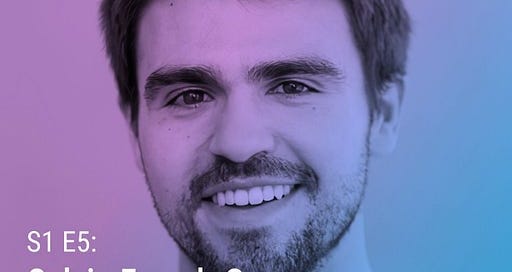


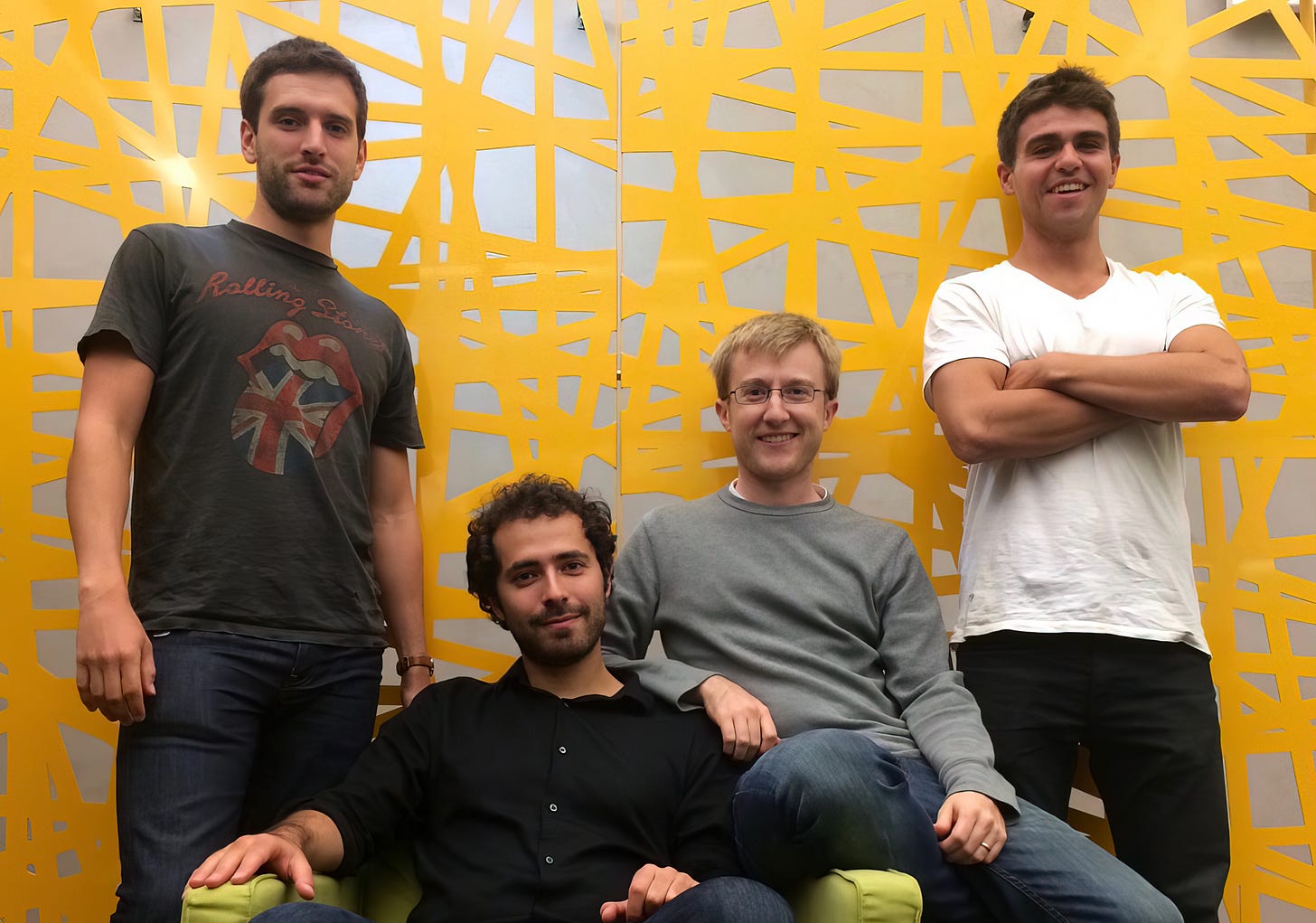


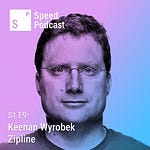
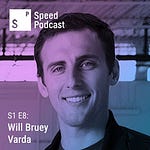


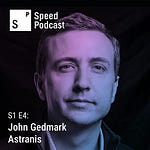

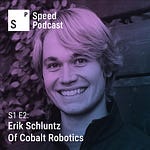
Share this post